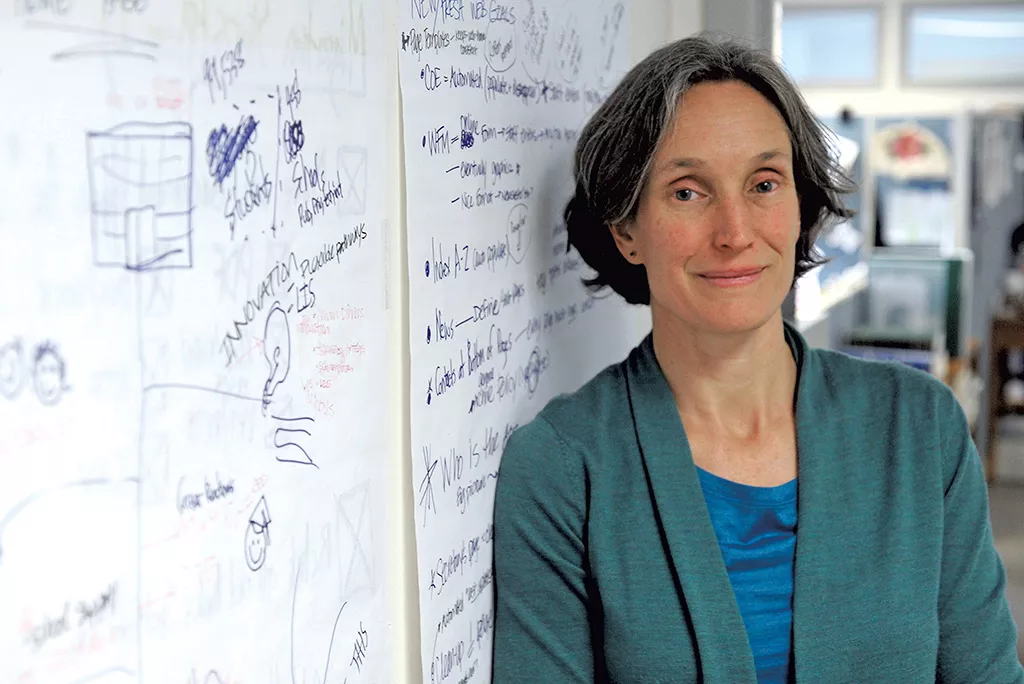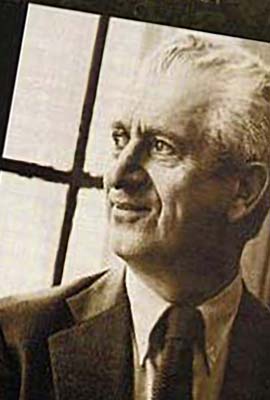Over the past week or so since school let out, I’ve been undertaking a short research project to try to understand the different approaches that various Vermont high schools have been taking toward Proficiency Based Learning (PBL). Too often over the past five years, I have felt a nagging sense that my coworkers and I were going it alone, left to our own devices to practically invent a brand-new system of teaching from the ground up, isolated from our counterparts in other schools down the road, toiling away in their own classrooms, all of us making the same mistakes, reinventing the wheel, unable to learn from each other’s missteps.
Now that the dust has settled from the pandemic year and from the first (and now second!) senior classes to graduate under PBL, I wanted to pause to examine what everyone else has come up with for PBL systems — my coworkers and counterparts up and down the Green Mountain state: surely there is something I could learn from their ingenuity and improvisation.
I’m not quite finished yet — so far I’ve researched about 35 of the 50 or so high schools in Vermont — and I’m not exactly calling principals to inquire about the inside dirt; I’m just going on the materials that districts make publicly available. But there’s quite a bit online, much of it reasonably up to date, and with some digging and close reading, I think I’ve managed to surmise what most Vermont secondary programs have put in place. I’ve studied up on their graduation requirements, their PBL initiatives, their transferable skills, their grading scales, and anything else relevant to this strange and interesting new system we’re all designing in our own way.
It’s a little like one of those TV shows where they give cooks ten minutes to put together original creations using wacky, unorthodox ingredients. Time to take a stroll and see how the others have made it work.
Put it this way: It was fascinating.
Continue reading “Different Approaches to PBL in Vermont High Schools, A Study: Initial Impressions”





